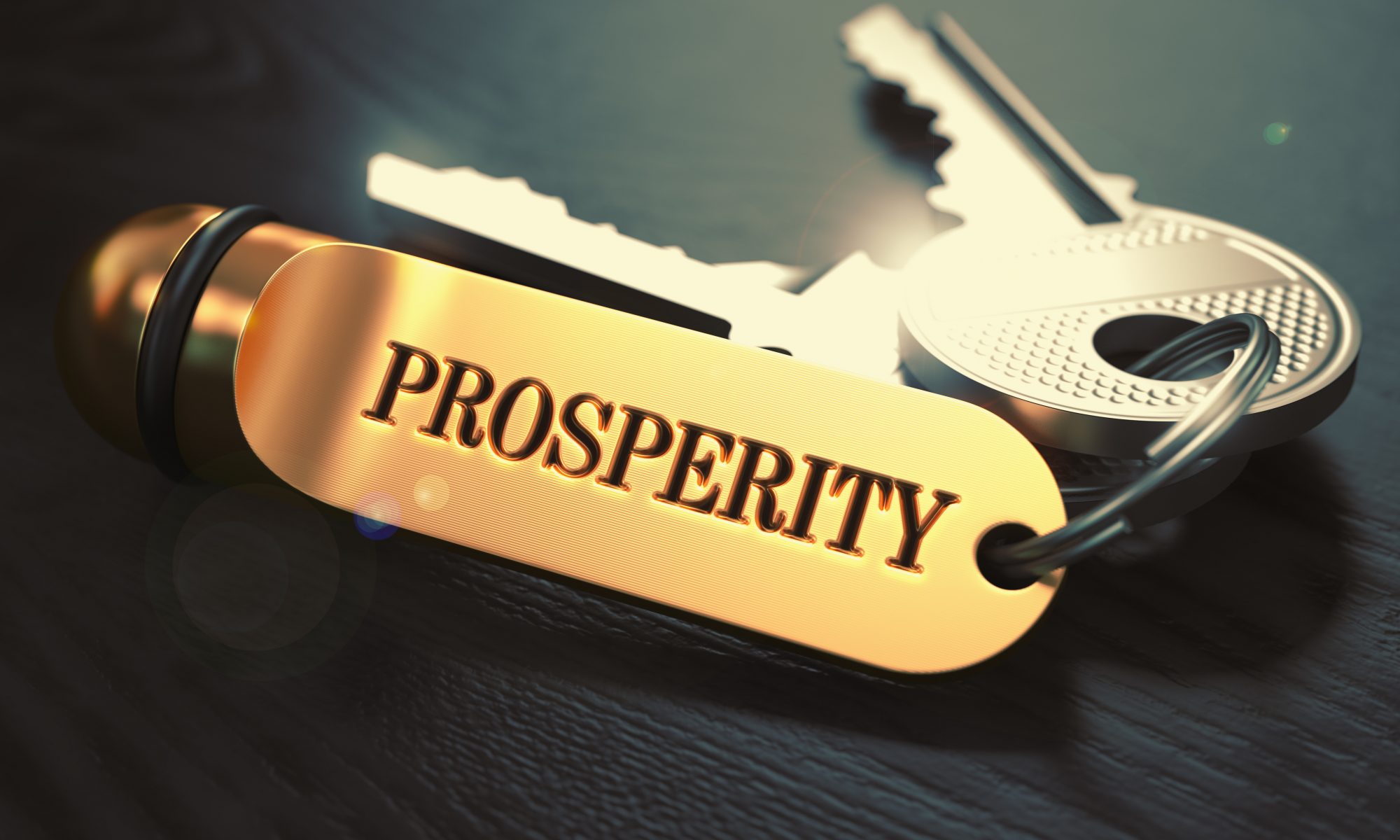 I remember back to the days when I was living hand to mouth and I didn’t know how I was going to make the rent or buy food, much less actually save anything. When the financial screws are being put to you and you are in survival mode, the last thing on your mind is saving. You’re too busy trying to eat. So I know the feeling. But as bad as things may seem, they are probably not actually that bad. There are always opportunities to stash away cash, especially when you need to build a $1,000 emergency fund. An emergency fund can save you from most things that pop up. And trust me, Murphy seems to stop by more often when you don’t have an emergency fund! It’s almost like he can smell your vulnerability. So here are 5 ways to get you going on your savings stash that won’t be so painful in the moment and will pay off big time down the road.
I remember back to the days when I was living hand to mouth and I didn’t know how I was going to make the rent or buy food, much less actually save anything. When the financial screws are being put to you and you are in survival mode, the last thing on your mind is saving. You’re too busy trying to eat. So I know the feeling. But as bad as things may seem, they are probably not actually that bad. There are always opportunities to stash away cash, especially when you need to build a $1,000 emergency fund. An emergency fund can save you from most things that pop up. And trust me, Murphy seems to stop by more often when you don’t have an emergency fund! It’s almost like he can smell your vulnerability. So here are 5 ways to get you going on your savings stash that won’t be so painful in the moment and will pay off big time down the road.
- Sell, sell, sell! Americans have more excess junk per capita than anyone else in the world. We are a society of consumers. And we consume to the point that we don’t even have enough room to store all the stuff we go into debt buying. Just look at the booming self-storage industry and you can tell. So you can turn your past shopping sprees into a cash jackpot. Go through your home and find any duplicates of things you don’t need or any items you haven’t laid hands on in at least a year. There’s a high probability you don’t need that stuff. You can have a garage sale and advertise it on Facebook. There are also a plethora of sites out there that make it easy to sell your junk to someone else who will think it’s a treasure. Try eBay, Craigslist or Let Go, to name a few. Take the cash you make and use it to grow your emergency fund.
- Use your tax refund. This is a no-brainer, as they say. First of all, if you’re living paycheck to paycheck with no cushion in savings and you want to blow your tax refund, you really need to examine your priorities. Another inclination may be to use it to pay off a bill. That’s not in itself a bad thing, but if it leaves you broke afterward, with no cushion, you’re back in the same situation you were before. Take your refund and use it instead to build your emergency fund and gain some stability.
- Enroll in automatic savings. Setting up a simple monthly transfer from your checking account to your savings account at your bank is one way to do this. Another way to do this is to split the accounts your paycheck is direct-deposited into at work. All you need to do is set this up with your payroll department. They usually give you this option when you first join the company. Putting aside as little as $25 each month will yield $300 in your savings account in a year. That may not seem like a lot, but when you combine that sum with the savings you get from the other methods suggested here you can find yourself with a tidy sum a year from now. One thing is sure. A year from now you will be a year older. Question is, will you still be as broke as you are today?
- Adjust your withholding. So many people get excited about their tax refund. Wealthy people don’t. That’s why they’re wealthy. They don’t get ecstatic about loaning the government their money interest-free for a year. So if you are in the habit of getting a fat refund every year, make this your last year. Take your refund, divide it by the number of payroll periods you have in a year and play with your deductions until you regain that amount in your take home each check. Then DON’T SPEND IT ALL! Put it all towards your emergency fund. The average American can gain several hundred dollars a month by using this one simple trick to boost their take home. For more on this, see my other post titled “Why You Shouldn’t Get All Happy About A Refund.”
- Reduce or stop your 401k contributions. When people start a job, they often take advantage of matching contributions that may be offered by their employer. They set it and then forget it. When you are in survival mode and need to build your emergency fund, don’t feel like reducing or even stopping 401k contributions is not an option. At this point, becoming financially solvent is your priority. You will be in a much better position to contribute to retirement once you are debt-free and have a nice emergency fund. So, march down to payroll and reduce or stop completely your 401k contributions until you become more financially stable. You will more than make up for those temporarily lost contribution dollars later on.
By using these 5 simple steps you can get an immediate infusion of cash that can be used to quickly get to that first $1,000 in your emergency fund. When you have it, you will breathe a lot easier and walk with a little more pep in your step. Then you can put things back to the way they were if you are so inclined. I wouldn’t if I still had debts to pay off though. You can also tell Murphy to move out of your spare bedroom and stop making your life miserable!
To get more helpful tips to help you win with money and gain financial freedom, opt in to our email list at www.Org4LifeSolutions.com and get the free bonus e-Course “5 Days of Focus.” It will show you how to plan for and reach your goals, financial or otherwise. Remember, Own it, Be it, Achieve it! Thanks for reading.

